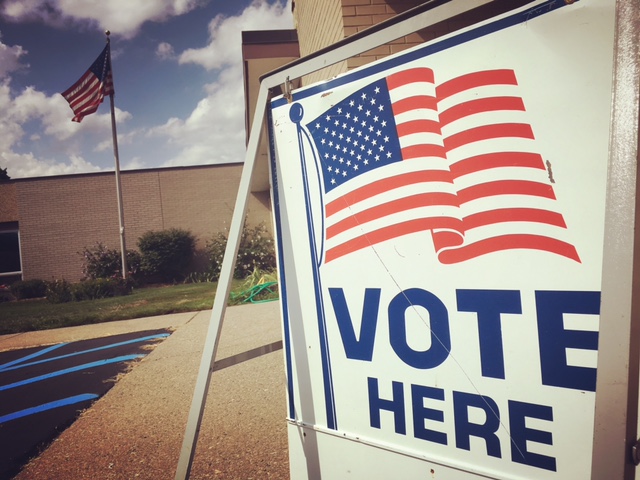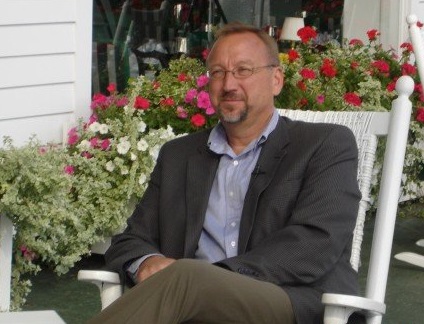Former Michigan GOP Chair Calls For Electoral College Reform
“Every voter in every state ought to be relevant in every election when it comes to electing a president.”


Hillary Clinton will lose the presidential election despite winning the national popular vote by more than a million votes.
The AP reports that the bulk of the votes left uncounted are in California, so that lead will probably continue to grow.
But, of course, that’s not how we elect presidents in the United States. We elect people to elect the president on our behalf. It’s called the Electoral College.
Understandably, many Democrats are now decrying this system and are calling for reform — or to get rid of the Electoral College altogether.
But it’s not just Democrats. Some Republicans also say it’s time to adopt a different system for electing the president.
Former Michigan Republican Party Chair Saul Anuzis supported Donald Trump over Hillary Clinton in the general election — although he openly expressed concerns about Trump and was an early supporter of Sen. Ted Cruz for the GOP’s presidential nomination. He says it would be impractical to get rid of the Electoral College, as it would require amending the U.S. Constitution. Instead, he’s calling for what’s known as a “national popular vote compact.”
“That is a state-based system that basically says we keep the Electoral College, but states decide to send their electors based on who wins the national popular vote,” says Anuzis.
“Ever since 1988, 32 states have basically voted the same way,” he continues. “And what happens is… if you live in a decidedly Republican state or a decidedly Democratic state, post-presidential nominating conventions, neither party campaigns in either one of those states. So, for all practical purposes, what happens is we elect the president of the battleground states of America versus the president of the United States of America… That distorts public policy and that also distorts politics.”
Anuzis says he thinks it’s deceptive to say Hillary Clinton would have won under a system similar to the one he’s proposing, because he says the campaigns didn’t adopt strategies based on the national popular vote. He says the popular vote results may have been different if the campaigns were campaigning and spending money in all 50 states.
Click on the audio player above to hear the full conversation.
